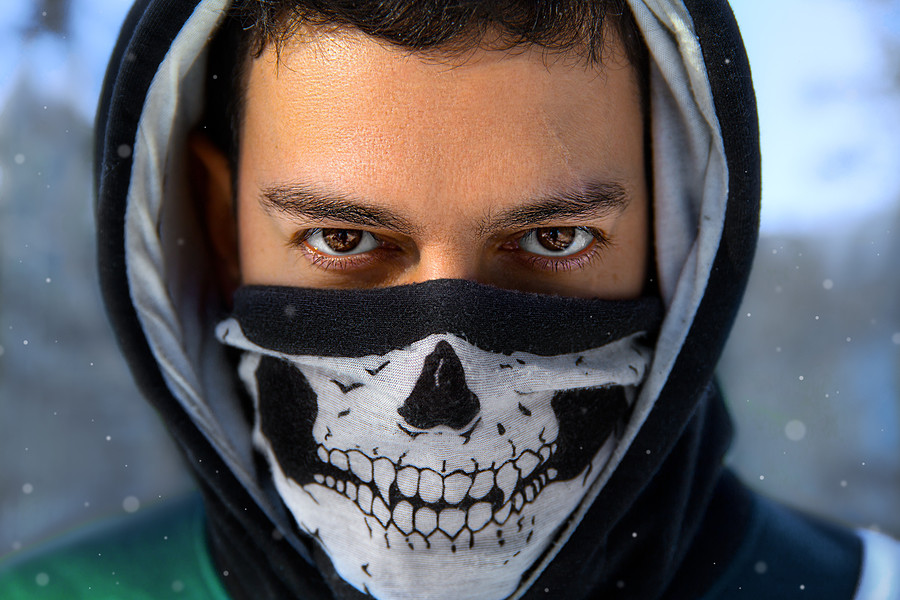Lieutenant General Angus Campbell, Australia’s Chief of Army has issued an order that prohibits members of Australia’s armed forces from wearing symbols of ‘death’. He has said that the practise allowing soldiers to do this was eroding the ethos of the Australian army and was ill-considered in the first place.
The order was issued on April 17 as an internal minute and had later been shared across social media pages inviting public commentary. There were many symbols that were specifically banned due to their symbolism that glorified violence and vigilantism such as that of the Grim Reaper or superhero characters like the Punisher or the Phantom.
While earlier this week being announced by Malcolm Turnbull as the next Chief of Defence, Lieutenant General Campbell has said that he saw these troubling symbols being patched onto Australian uniforms when he visited units both domestically and overseas.
He reiterated his belief that these symbols were antithetical to the values of the Australian Defence Force but disclaimed that he did not think any soldiers had done so intentionally. He referenced that he understood the appeal of pop culture symbolism for soldiers but reinforced that it “implicitly encourages” what he called an “arrogant hubris” as well as “general disregard” towards the “serious responsibility of our profession”.
He said that these symbols were contradictory to the role of a professional modern army which was legitimate and discriminate taking of life for a justified peace building goal. He said that the army’s purpose was the “serve the sate” and “employing violence with humility”.
Certainly it seems Lieutenant General Campbell sees the way in which the Australian army portrays itself, especially on the world stage, as crucially important. Soldiers employing symbology that romanticises over-the-top violence suggests that they may not be serving for the right reasons.
As part of the general order, all officers were made responsible for ensuring the immediate action was taken to remove all prohibited symbols from their command, whether formal or informal. Campbell acknowledged that he expected the decision to upset a small group of soldiers.
He said that he appreciated that it may be frustrating without a robust explanation but that soldiers needed to trust him that it was “right for the Army”. He also said that the majority of units had not engaged in the behaviour anyway and that it was uncommon in general.
Many of these masks became popularised by video games like Call of Duty where modern soldiers wore skull masks and other symbols associated with war and death.

